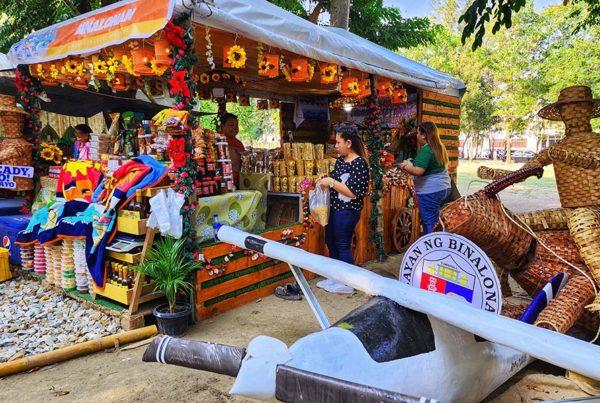Hog raisers assail NMIS over imported meat
DISCRIMINATORY AGAINST LOCAL MEAT
URDANETA CITY—Another case of delayed reaction.
The hog farmers in Northern Luzon have a reason to cheer the recent decision of the National Meat Inspection Service (NMIS) to begin confiscating imported frozen meat in local stores, but they are not cheering.
In a statement, the Northern Luzon Hog Farmers MPC said NMIS should have already began confiscating frozen imported meat as soon as the directive to confiscate4 was issued by the Department of Agriculture on December 10, 2010 under Administrative Order (AO) 22.
Abono Party-list Chairman Rosendo So, who is part of the group, said that the delayed implementation of the order was fully exploited by importers to the serious disadvantage of local raisers.
The group wants heads to roll for the delayed implementation of the order.
“Who are the people who have successfully delayed the implementation of AO22,?” asked So, adding, “Why is the NMIS doing its job only now when it should have been implementing AO22 staring December 10 of 2010?”
So also pointed out that records will show that 65 per cent of the country’s meat importation is composed of offal.
The tariff rate of 5 per cent for offal is believed to be behind the large volume of offal importation and it is being exploited as a window for technical smuggling, he said.
According to the Bureau of Animal Industry, the country imported a total of 180 million kilograms of meat in 2010 and 106 million (or 59%) of it was offal.
“The importation of 106 million kilos of offal was too much,” So said. “Where did this very large quantity go?” So asked.
He said under the Minimum Access Volume, the tariff rate for pork bellies is 35 per cent, thus importers prefer to declare their meat products as offal.
So also stressed that AO22 is a government policy that everybody must adhere to without exemption.
He said that while the local frozen meat traders have been following the directive of AO22 that specifies that frozen meat should be placed in freezers, “why were traders of imported frozen meat allowed not to comply with AO22?”
He said that while local frozen meat sold in the market is properly labelled, containing the name of the company and their respective addresses, and the expiration date of the product, this was not required of imported frozen meat.
“If something goes wrong with the imported meat, who should be held responsible if it does not have proper labeling?,” So said.–Eva Visperas
Share your Comments or Reactions
Powered by Facebook Comments









